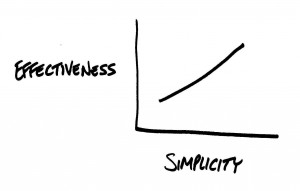What Issues Should You Consider Before the End of the Year?

The end of the year provides a number of financial planning opportunities and issues. These include tax planning issues, issues surrounding investment and retirement accounts, charitable giving, cash flow & savings, and insurance & estate planning issues.
We use the checklist below to proactively scan for many actionables to help serve our clients. In this checklist, we cover a number of planning issues that you need to consider prior to year-end to ensure you stay on track, including:
- Various issues surrounding your investment and retirement accounts including matching capital gains against any investment losses in taxable investment accounts and ensuring that all Required Minimum Distributions (RMDs) are taken.
- Tax planning issues including moves dependent upon your prospects for higher or lower income in the future. You will also want to review where you sit relative to your tax bracket as this is a good time to make moves to fill out your tax bracket for the current year that also might prove beneficial down the road.
- For those who are charitably inclined there are several strategies that will also help reduce your tax liability that can be considered based upon your situation.
- For those who own a business, tax reform has created some opportunities surrounding pass-through income from your business to your personal return. Accelerating or deferring business expenses presents another solid planning opportunity.
- It’s wise to review your cash flow situation as you near year-end to see if you can fund a 529 plan for children or grandchildren or to see if you can save more in an HSA or employer-sponsored retirement plan like a 401(k).
This is a comprehensive checklist of the types of year-end planning issues that you should be discussing with your financial advisor to ensure you maximize cash flow and tax opportunities in the current year and beyond.
|

























